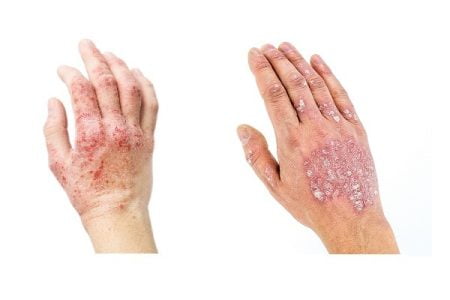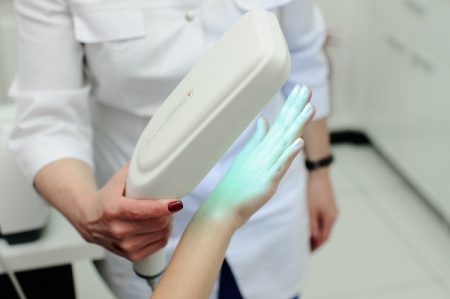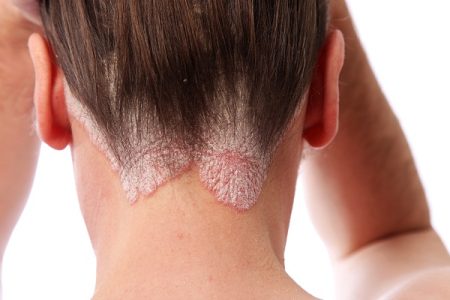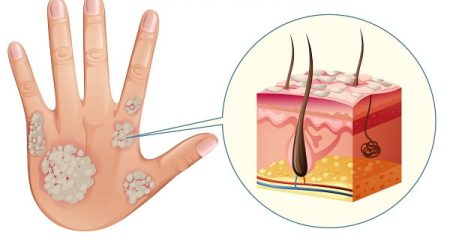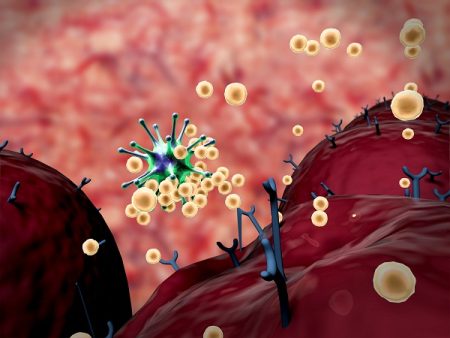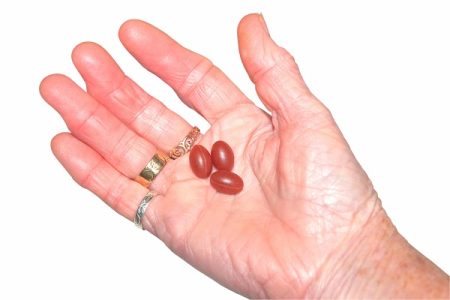Browsing: Psoriasis
Comprehensive Information, Resources, and Support on Psoriasis
Many people can’t recognize the difference between psoriasis and eczema (also called atopic dermatitis). The treatment of psoriasis or eczema depends on recognizing the patch of skin that’s inflamed, reddish, or peeling as one of the characteristic symptoms of these conditions. Both of them have similar symptoms, but there are ways to differentiate them apart.
Your doctor can diagnose psoriasis by doing a physical examination and reviewing your medical history. Sometimes, skin biopsy can be required. The purpose of psoriasis treatment is to reduce skin inflammation. Treatments include tropical options, medication, and light therapy. Sometimes, merely the use of creams and ointments can treat mild symptoms of psoriasis.
Signs and Symptoms of Psoriasis
Psoriasis symptoms differ in persons and also vary based on the type of psoriasis. Not every person experiences all and same symptoms. The most common symptoms of psoriasis are red, raised, and inflamed patches of skin. Scales (plaques) form on the patches. Dry skin that easily cracks and painful, swollen joints are other signs of psoriasis.
Overview of Psoriasis and Its Types
Psoriasis is a chronic, inflammatory skin problem. It can be initiated by certain environmental triggers or due to a genetic predisposition for psoriasis. The disease produces plaques of thickened and scaling skin mostly on elbows, knees, and scalp. It is considered an incurable, chronic inflammatory skin condition.
The exact cause of psoriasis is not completely clear. Scientists believe that the disease is related to problems with our immune system. If you have psoriasis, the T cells in your body attack healthy skin cells by mistake. This triggers increased production of healthy skin cells that travel into the body causing psoriasis symptoms.
Complications of Psoriasis
You are at a greater risk of developing certain diseases if you have psoriasis. A common complication of psoriasis is psoriatic arthritis. It can cause joint pains and loss of function in some joints. People with severe form of psoriasis are likely to develop obesity, type 2 diabetes, hypertension, and many more diseases.




